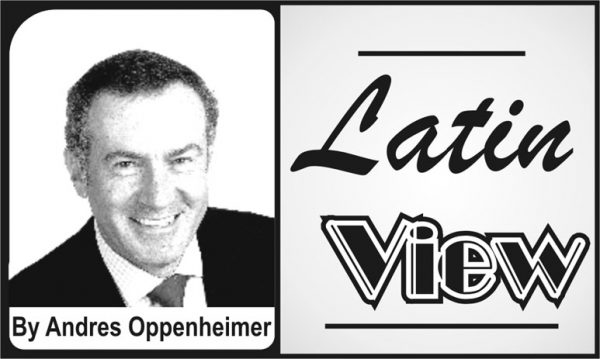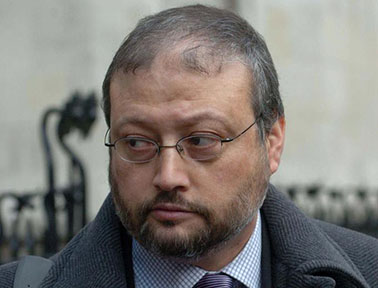 This is the worst time for freedom of the press in recent history – not just in Cuba, Venezuela and other brutal dictatorships, but also in the United States and other Western Hemisphere democracies. And there are reasons to fear that attacks on the media may get worse.
This is the worst time for freedom of the press in recent history – not just in Cuba, Venezuela and other brutal dictatorships, but also in the United States and other Western Hemisphere democracies. And there are reasons to fear that attacks on the media may get worse.
That was my first conclusion when – just hours after bombs had been delivered to the CNN building in New York and several public figures who are critical of President Trump – I read the Oct. 22 annual report on freedom of the press by the Miami-based Inter American Press Association (IAPA.)
The IAPA, a group of U.S. and Latin American newspaper publishers that has been defending freedom of the press for more than seven decades, has long been best known for its relentless and well-deserved criticism of the Cuban and Venezuelan dictatorships.
But this year, in addition to its reports about Cuba and Venezuela, the IAPA issued an unusually harsh report about the increasingly hostile climate for journalists in the United States.
Twenty-nine journalists have been killed in the Americas so far this year, including 11 in Mexico, six in the United States, four in Brazil, three in Ecuador, two in Colombia, two in Guatemala and one in Nicaragua, it said. This year may end with a record number of murdered journalists in the region, IAPA officials say.
One can’t compare the United States with totalitarian states like Cuba, where there is no freedom of the press and most independent journalists have been either imprisoned or exiled. But there has been “an alarming number” of attacks against U.S. journalists over the past year, the IAPA said.
The most atrocious of them was the murder of Post columnist Jamal Khashoggi, a Saudi Arabian U.S. resident who was murdered inside the Saudi consulate in Turkey after entering the building Oct. 2 to pick up documents to get married.
It was the most brutal assassination of a journalist most of us can remember in recent times. A team of 15 Saudi Arabian security agents was reportedly dispatched to Turkey to kill him. He was tortured inside the consulate, his body was dismembered, and his remains have yet to be found.
The U.S. government can’t be blamed for Khashoggi’s death, nor for the killing of five journalists on June 29 at the Capital Gazette newspaper in Annapolis, Maryland. The suspect there apparently acted in response to a newspaper report citing allegations that he had sexually harassed a woman.
But the IAPA report cited that “Trump’s unprecedented verbal attacks on the news media” have “exacerbated an already hostile climate in which journalists are facing increasing verbal threats and physical attacks.”
Trump has proclaimed journalists to be the “enemies of the American people” and “scum.” He regularly describes news reports that he doesn’t like as “fake news.” He has labeled U.S. press reports casting doubts about the success of his meeting with North Korean dictator Kim Jong Un as “almost treasonous.” He often points at journalists covering his rallies, and insults them publicly, to the delight of his crowds.
The IAPA report says that the impact of Trump’s rhetoric “is extending beyond the borders of the U.S. and creating a more dangerous environment for journalists abroad.”
Indeed, Trump’s verbal attacks on the press may have emboldened foreign leaders to crack down on journalists.
Would the Saudis have killed Khashoggi if the U.S. president strongly defended freedom of expression, like his Republican and Democratic predecessors did? Would journalists have been killed recently in Russia and Bulgaria if authorities there felt there would be a stern U.S. reaction?
Real and potential autocrats across the world are having a field day in this new anti-media climate.
Mexico’s leftist President-elect Andres Manuel Lopez Obrador is accusing critical newspapers of being “la prensa fifi,” or the elitist press. Brazil’s right-wing presidential candidate Jair Bolsonaro has lashed out against the daily “Folha de Sao Paulo,” and insults critical journalists.
It’s time to sober up and ask, “Do you really want a world with leaders who control all branches of government, and without critical journalists?”





